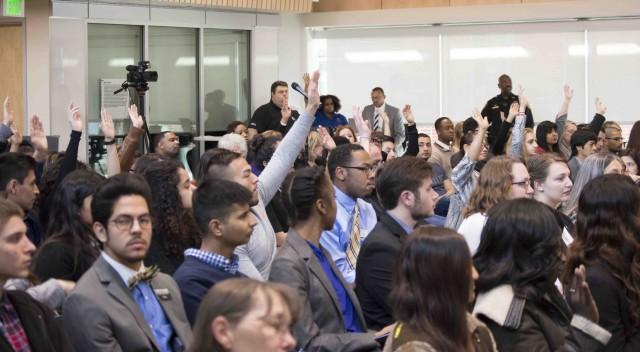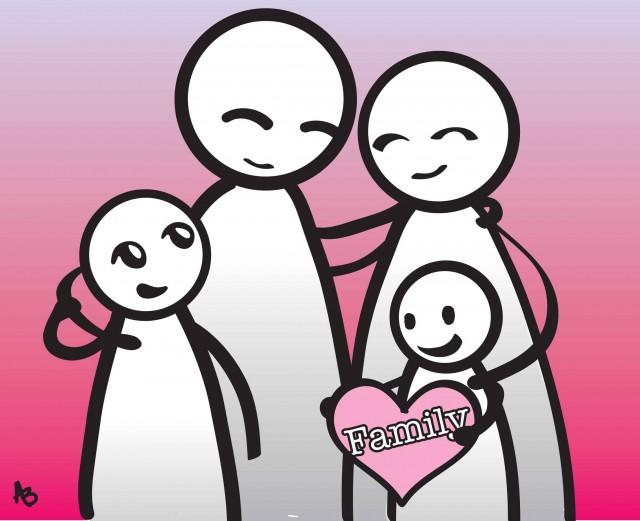By Michelle Winters/reporter

Suicide is the second-leading cause of death among young adults and the third-leading among teens and college-aged youth, a South Campus counselor said Feb. 3.
Nicole D’Alesandro offered basic suicide prevention skills to help participants become suicide prevention gatekeepers.
“Suicide is one of the most preventable of tragic deaths,” she said.
The role of the gatekeeper is not simple. It requires one to be aware of suicidal risks and protective factors and be alert to warning signs that someone is in a high-risk suicidal zone, D’Alesandro said.
It also allows someone to ask the taboo question, “Are you thinking about committing suicide?” she said. This opens the door to communicate and perhaps encourage the person at risk to seek help.
“Hopelessness is a huge risk factor,” she said. “Sometimes just knowing that someone cared enough to notice what you’re going through may be all it takes to change your mind.”
At times, a simple act of kindness can divert the suicide plan. But, in a high-risk, acute case, it might be necessary to take immediate action and intervene by calling 911 or contacting a medical professional. D’Alesandro said someone may not always know the difference between a non-emergent or critical situation, so every cry for help should be taken seriously.
Gatekeepers are urged to ask tough questions and actively participate by using ASK’s three-step process: Ask about suicide, seek more information, keep safe and know where and how to refer.
In Texas, 1.5 times more suicides occur than homicides. Suicide claims an average of 7.5 deaths each day. White males have the highest death rate for both teens and adults, and Latinas have the highest self-reported attempts in the United States. The number of suicidal attempts for this demographic is higher in Texas than for the rest of the nation.
“African-American females have maintained some of the lowest suicide death rates throughout the years,” she said. “We’d like to know why. If we can duplicate those protective factors, we may be able to help more people.”
Recognizing risk factors is not enough, D’Alesandro said. The Gatekeeper training encourages people to get beyond the stigma associated with discussing and seeking professional help for suicidal ideation and get involved.
D’Alesandro encouraged students to become someone’s safety line and ASK about suicide to save a life.
Anyone who suffers from depression or suicidal thoughts or knows someone who does can call 1-800-273-TALK/1-800-273-8255 or the crisis center at 1-888-971-9979.



























